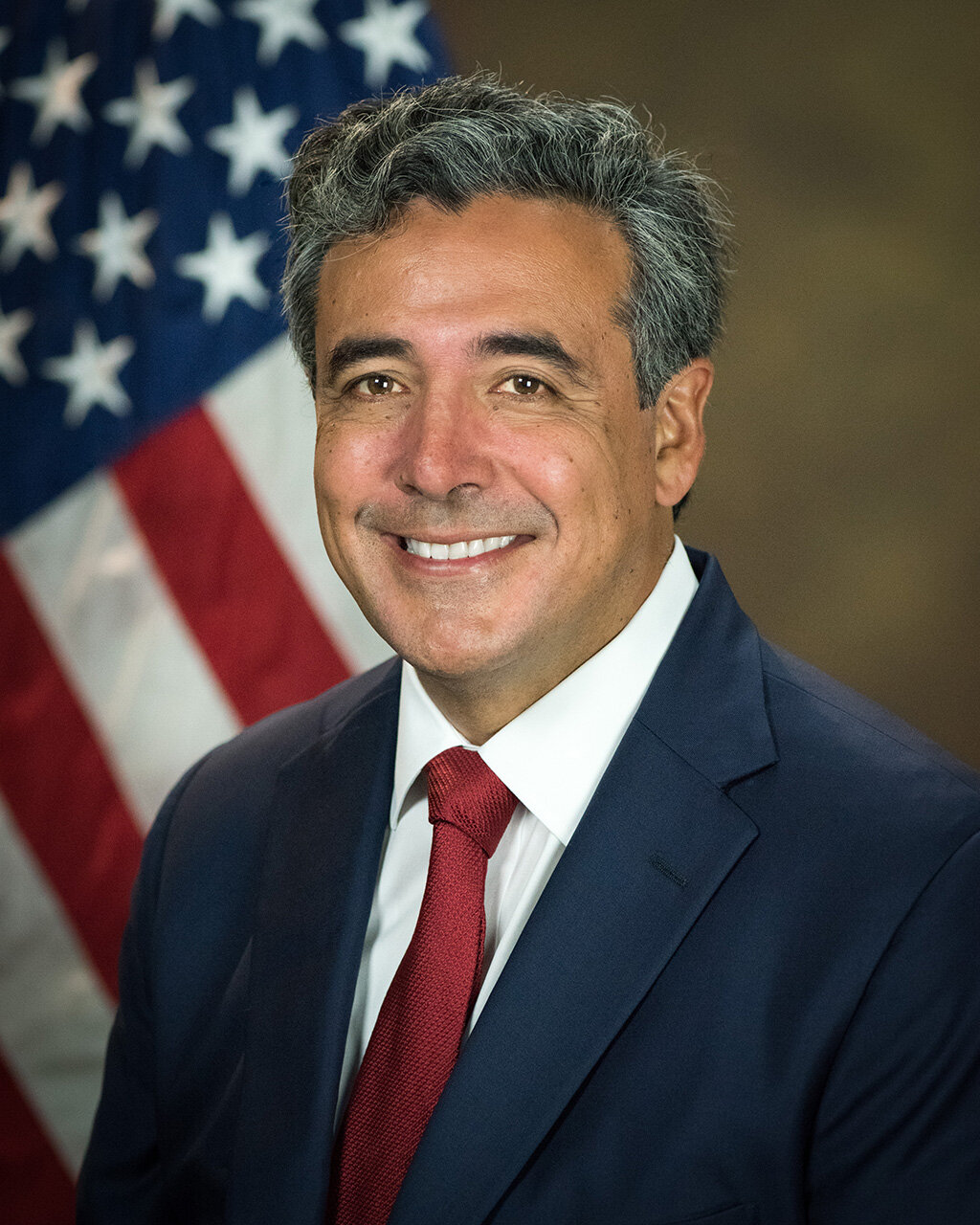Kathryn Querner ‘22
Features Editor
On Thursday, February 18, UVA Law Democrats (Law Dems) hosted U.S. Senator Sheldon Whitehouse (D-RI) (’82) for an extended Q&A session. The hour-long Zoom event began at 5:15 p.m. and was well-attended; nearly sixty students and professors joined the event. Attending students also had the opportunity to place an order at Roots, paid for by Law Dems. Because of the risky driving conditions caused by the winter storm, students had the option to either order at the time of the event or for the following day when weather conditions cleared up.
Senator Whitehouse’s career path illustrates his commitment to public service. He has held roles including the U.S. Attorney for the District of Rhode Island (1994-1998), and has served as a U.S. Senator for Rhode Island from 2007 to present. Some of Senator Whitehouse’s objectives as senator include addressing climate change, reforming the criminal and juvenile justice systems, and rooting out dark money from elections.
As Senator Whitehouse is currently one of the most senior Democrats on the Senate Judiciary Committee, many students posed questions related to the events of January 6 and Donald Trump’s impeachment. The senator labeled January 6 as an “infuriating and humiliating day,” and shared that he felt “nauseous” thinking about this “lasting blot on our country.” He called for a 9/11-type commission to look into the events of January 6, noting that he would like to have lawyers hired to dig up the facts and figure out who was behind the event. He would like to see some accountability for right-wing apparatuses that stir people up, propagate lies, and advocate for this kind of mischief.
Pictured: Senator Whitehouse '82 diligently answered questions and offered sound advice to those in attendance. Photo Courtesy of law.virginia.edu.
One student asked Senator Whitehouse about the possibility of changes that might be made to the judiciary in upcoming years, especially in light of the solidified conservative majority in the Supreme Court. The senator shared that court-packing is a drastic measure, so Democrats should do their research and engage with the public before making a decision to pursue this path.
Regarding one of the senator’s key initiatives involving bipartisan climate change legislation, Eric Seifriz ’22 asked how this critical issue has become so partisan in recent years and what we might do to detangle the issue of climate change from political polarization. Senator Whitehouse explained that the 2010 Citizens United ruling by the Supreme Court opened the door for the fossil fuel industry to obtain unlimited campaign finance spending, which they used to influence the Republican party and punish those elected officials who chose to challenge the fossil fuel industry. This created the polarization of the issue of climate change that we see today.
Regarding whether he enjoyed the event, Seifriz shared, “This event was a great opportunity to hear a U.S. Senator speak so candidly on a wide range of issues, while letting the conversation be driven by his audience. I especially appreciated hearing his assessment of the climate crisis and how we got to this point. We have been learning about the history of the modern environment movement in Environmental Law this semester, so to hear the firsthand account of someone who has had a front row seat to these policy debates—and his assessment of what has gone wrong and needs to change going forward—was edifying.”
Chance Maginness ’22 questioned the senator about bipartisanship. When asked for his thoughts on the event, Maginness commented, “I really appreciated Senator Whitehouse taking the time to come talk to us. Not a lot of sitting U.S. Senators would take the time to come answer our random questions about politics and do it so earnestly. Of course, I would’ve rather he been using his time to question impeachment witnesses instead of avoiding my criticisms of bipartisanship, but hey, I’ll take what I can get.”
Senator Whitehouse also shared some advice for students: Having had the opportunity to work for the public interest and engage with the Rhode Island community, the senator recommended that students consider entering the public sector and running for political office. “Life will be richer even if you lose . . . if you can afford to get away from the private sector . . . you should.” He did mention that one downside of holding public office has been the publicity, but overall, the senator reiterated, “I’ve loved it, and it has made my life so much richer.”
Law Dems President Will Scheffer ’22, who organized the event, commented, “It’s a rare opportunity to get to watch a U.S Senator hold court for an hour, but what really made the event special to me was listening to the incredibly thoughtful and insightful questions that my UVA Law classmates put to Senator Whitehouse over the course of an hour. It was a nice reminder of what makes our school special at a time when I think many of us are feeling either physically or figuratively distant from the Law School community.”
The senator concluded by discussing his years spent at UVA Law, specifically referencing the good memories he has of the Foxfield Races. Senator Whitehouse’s generous donation of his time, thoughts, and advice to the UVA Law community spurred valuable political conversation, and hearing a U.S. Senator speak was a unique opportunity for all who attended.
---
kmq8vf@virginia.edu
















